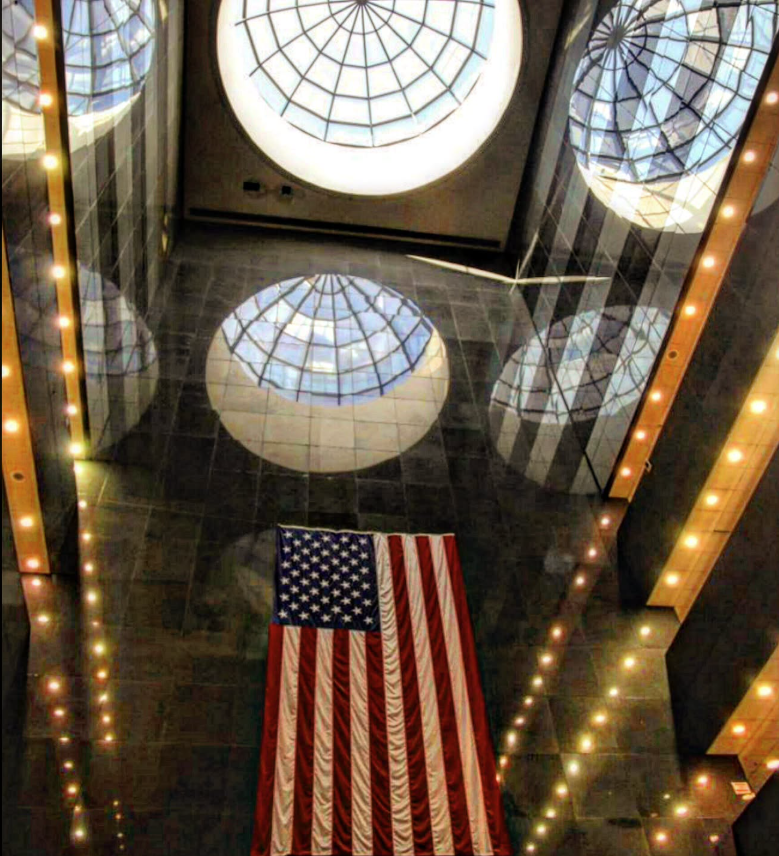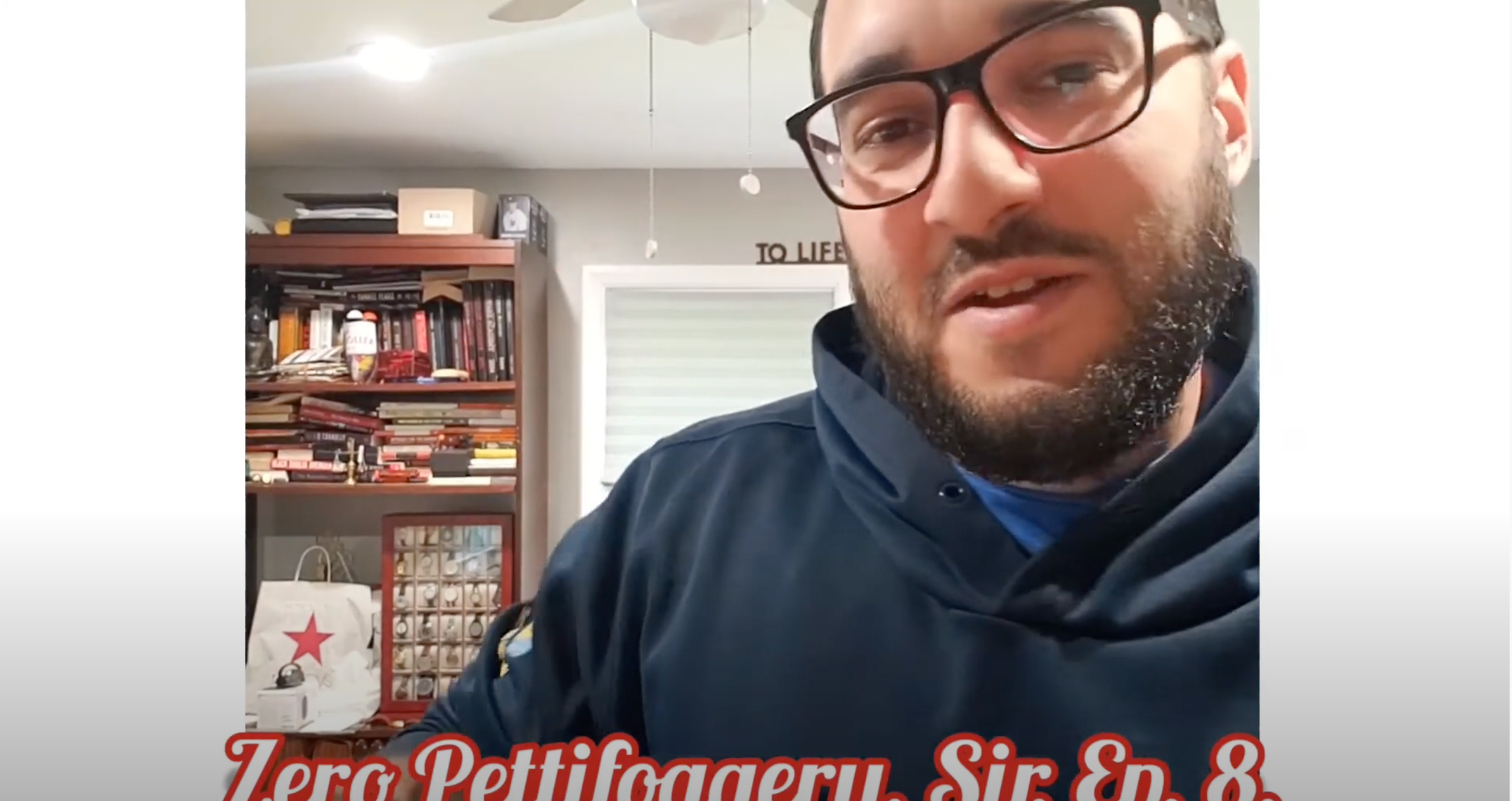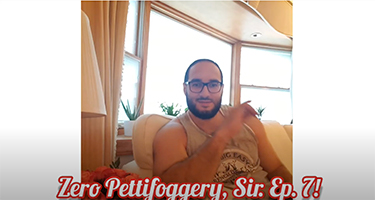deraneyesq — 6 years ago
May 6, 2019 – An Update on Criminal Law
On Appeal from Superior Court of New Jersey – Somerset County Indictment, the Case of The State of New Jersey v. Juan Rodriguez was decided by the Superior Court of New Jersey Appellate Division on Friday in a decision delivered by Deputy Presiding Judge for Administration Jack M. Sabatino. Unfortunately for those on this side of the Criminal Law Bar, the Appellate Division continued its solidification of the Exception to the Warrant Requirement known as the Automobile and/or Motor Vehicle Exception.
In a familiar matter, the Police stopped the defendant for a malfunctioning headlight. Officers noticed the odor of raw marijuana coming from the vehicle and observed several small pieces of marijuana on the front passenger seat. The Defendant had claimed to have borrowed the vehicle form a friend. Upon further inquiry, the Police determined the Defendant’s drivers license had been suspended. The Police removed him from the vehicle, searched him, and placed him under arrest within the cruiser. A search of the Motor Vehicle found $10,000 in Cash and a Large Box of Marijuana.
Initially, the Trial Court had suppressed the marijuana and incriminating evidence found. The trial court had ruled the traffic stop was justified but concluded that police needed a warrant under the circumstances to search the Defendant’s vehicle, noting that it was clear that the vehicle was going to be towed and impounded, and the Defendant was already in the back of the Police cruiser under arrest.
On Appeal, the State argued the Trial Court erred in requiring the State to provide an Exigency or an Emergency Circumstance to justify it’s search. The State argued that the drivers license suspension, arrest of the Defendant, expectation of towing/impounding the Motor Vehicle, and so forth, were not necessary justifications for the search NOT to have been completed at the time of the traffic stop. This was especially true as Police had probable cause to believe that the vehicle had contained evidence of criminal activity. The Court noted that the Supreme Court had instituted a bright line rule authorizing warrantless searches of vehicles during traffic stops, within the Automobile Exception, when Police have probable cause as described AND the circumstances giving rise to probable cause were spontaneous and unforeseeable.
Final ruling – the Appellate Court held that the bright line rule of the Automobile Exception gave Police discretion to conduct an immediate search if they spontaneously have probable cause OR to impound the vehicle and later seek a search warrant.
For all those interested, the Case is available HERE.






